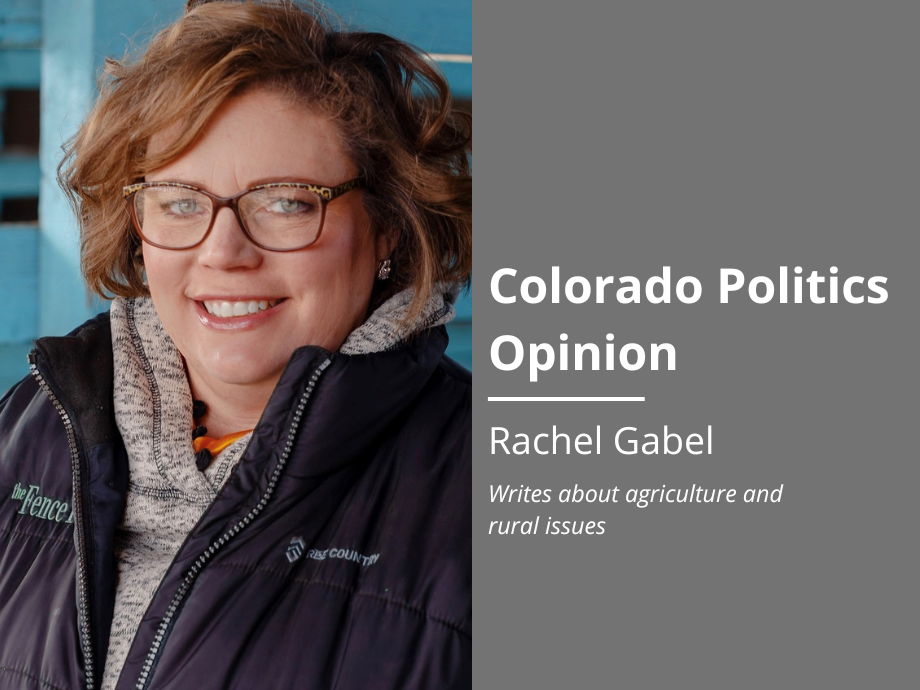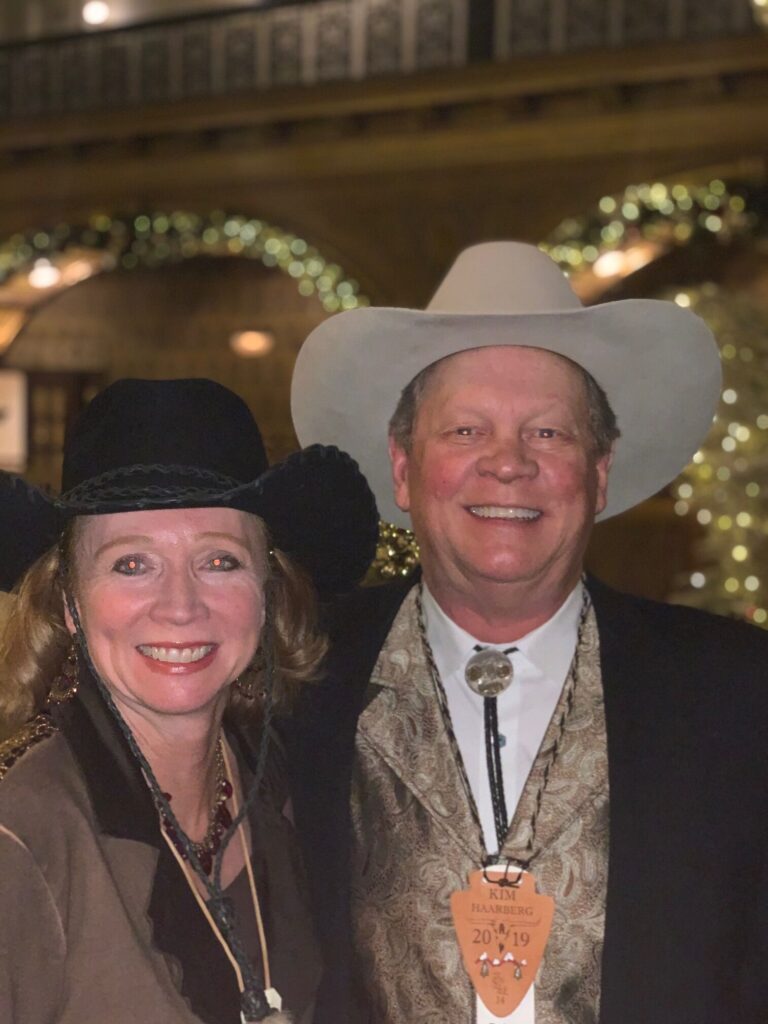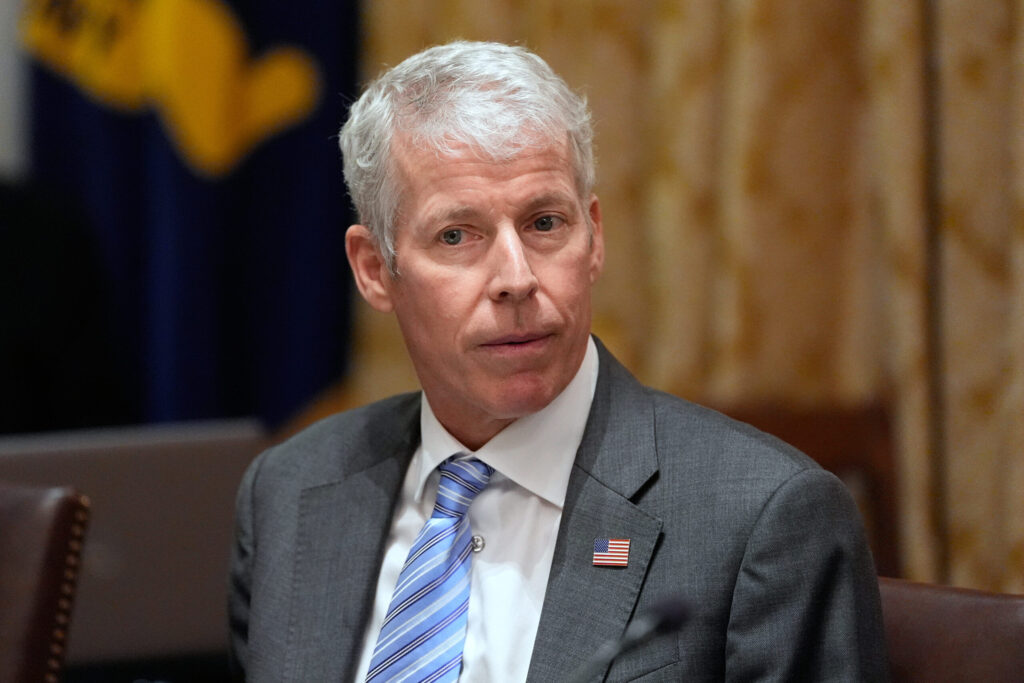Wolf-in-sheep’s-clothing policy one step closer to ravaging ranchers | GABEL


The nuts and bolts of the complaint filed by the Colorado Cattlemen’s Association (CCA) and Gunnison County Stockgrowers Association (GCSA) in U.S. District Court for the District of Colorado is the failure of U.S. Fish and Wildlife to complete an environmental impact statement on the reintroduction of wolves. CCA and GCSA have filed the complaint in hopes the ruling will pause the paws, if you will.
The first court appearance was Dec. 14 before Judge Regina M. Rodriguez and there were no real surprises on the list of requested intervenors. Friends of Animals, Defenders of Wildlife, Western Watersheds, Center for Biological Diversity, and the Humane Society of the U.S. are all filing and sending press releases communicating their disgust with the cattle groups’ complaint. At press time, the attorneys for the cattlemen groups were ordered to file a draft order by the following morning and a decision was expected that day, Dec. 15.
The complaint itself names U.S. Fish and Wildlife Service (FWS) and Colorado Parks and Wildlife (CPW) as defendants and seeks a declaratory judgment and a mandatory injunction requiring the federal defendants to comply with NEPA by preparing an environmental impact statement on the reintroduction of wolves in Colorado. Plaintiffs also seek an injunction to prohibit the state defendants, or any qualified employee or agent thereof, from releasing any wolves into Colorado unless and until an adequate environmental impact statement has been prepared and the agreement lawfully renewed for the upcoming period.
Andy Spann, president of the Gunnison County Stockgrowers, said Judge Rodriguez is fair and understands the issue. He said he anticipates she will rule based on the law. In the best-case scenario, Judge Rodriguez will grant a temporary restraining order until an environmental impact statement can be completed. Colorado Parks and Wildlife said in court their personnel is scheduled to fly to Oregon Dec. 17 to capture five wolves to be released upon their return to Colorado. Judge Rodriguez’s ruling could pause the release. Spann said he recognizes such a ruling would only delay the release but said it would allow the release to be done as well as possible by including the EIS.
“We realize there was a vote made and recognize the will of the voters,” Spann said. “We’re trying to make sure this is done correctly because there are major impacts to agriculture, to families to recreation – not just farmers and ranchers.”
Stay up to speed: Sign up for daily opinion in your inbox Monday-Friday
According to the complaint, the National Environmental Policy Act (NEPA) was enacted to ensure fully informed decision making and to provide for public participation in such decision making. To that end, NEPA requires an EIS to be prepared for all “major Federal actions significantly affecting the quality of the human environment.” Members of GCSG, about 100 members of the local ranching community in Gunnison and Saguache Counties, live in and around locations selected as potential wolf release sites and identified as having high ecological suitability for gray wolves. The wolves are, quite literally, at their doors. CCA predates the state and is the oldest cattlemen’s organization in the country. Its members own or lease approximately 70% of the state’s private, state and federal grazing lands, totaling more than 25 million acres. CCA members not only provide the majority of wildlife habitat on private lands, but preserve significant open space for public access.
The complaint itself is rather tedious as it winds in and out of the intricacies of the Endangered Species Act and the negative impacts wolves are likely to have on livestock, wildlife, multiple uses, and other industries. It echoes the hours of public comments presented to the CPW Commission ad nauseum. It is enough to cement to any reasonable voter why ballot box biology ought not occur and wildlife management ought to be left to wildlife managers.
Even if the news out of the courts is in favor of the cattlemen’s groups, the wolf reintroduction will occur at some point. The back-and-forth litigation between groups will continue and the urban/rural divide will continue to grow. Next time it will be some other species that tugs at voter’s heartstrings when the fallout is in another zip code. It is time for voters to recognize that high-dollar, emotion-driven ballot proposals are nearly always a wolf in sheep’s clothing.
Rachel Gabel writes about agriculture and rural issues. She is assistant editor of The Fence Post Magazine, the region’s preeminent agriculture publication. Gabel is a daughter of the state’s oil and gas industry and a member of one of the state’s 12,000 cattle-raising families, and she has authored children’s books used in hundreds of classrooms to teach students about agriculture.













